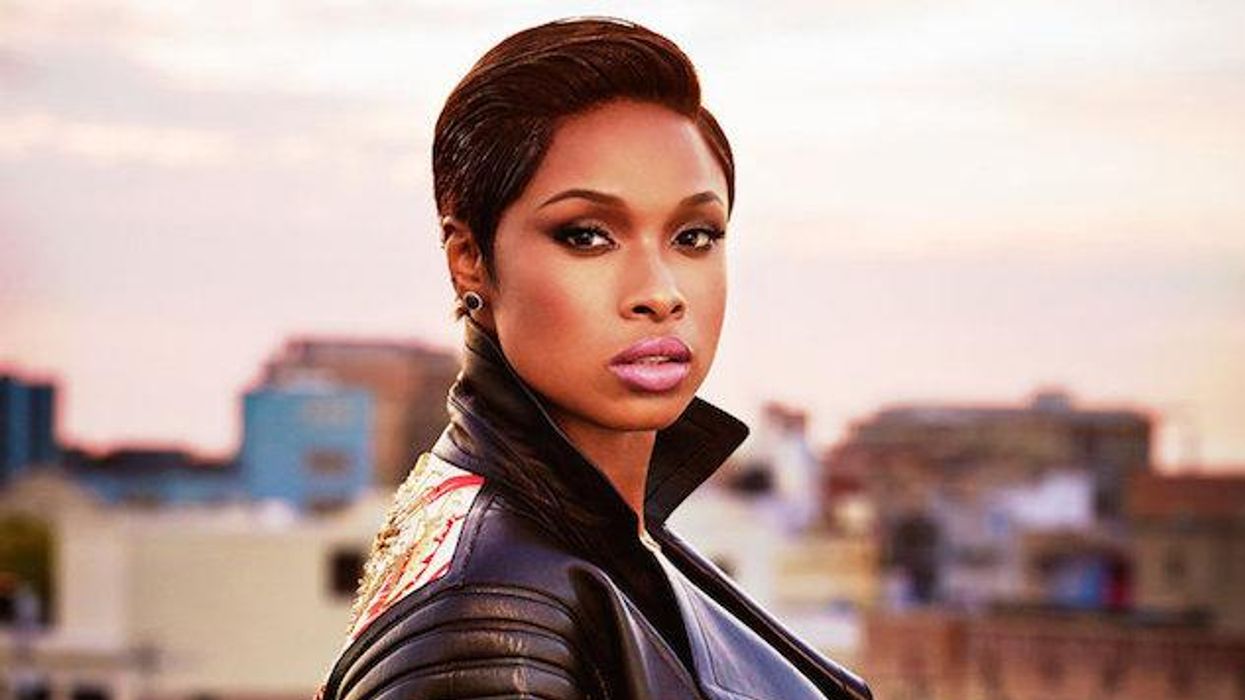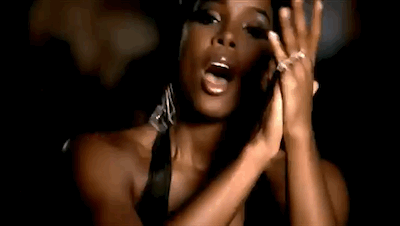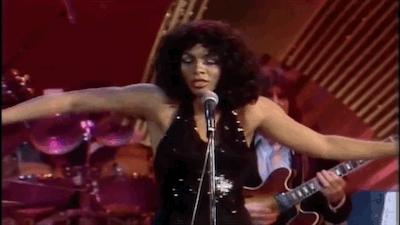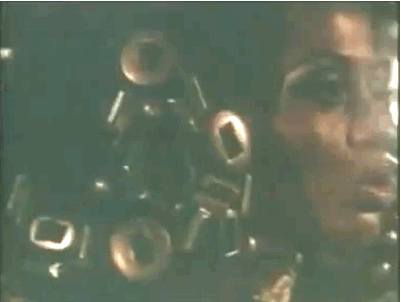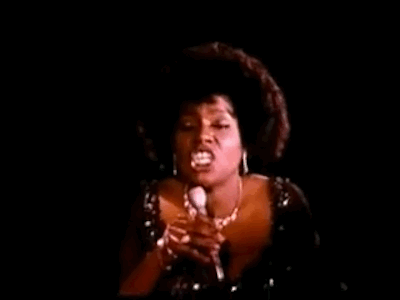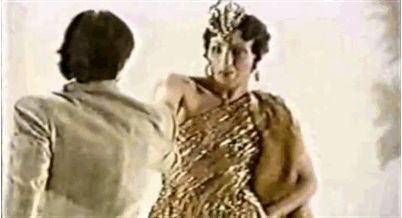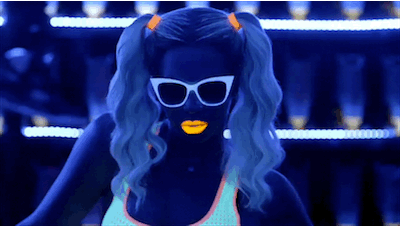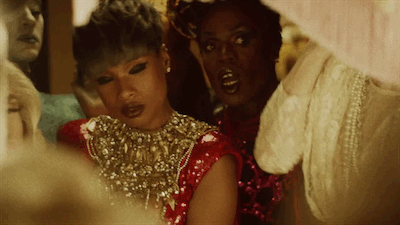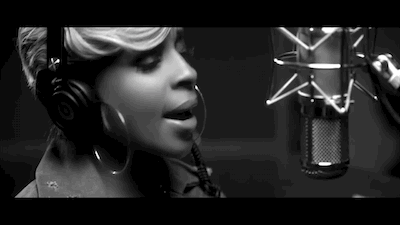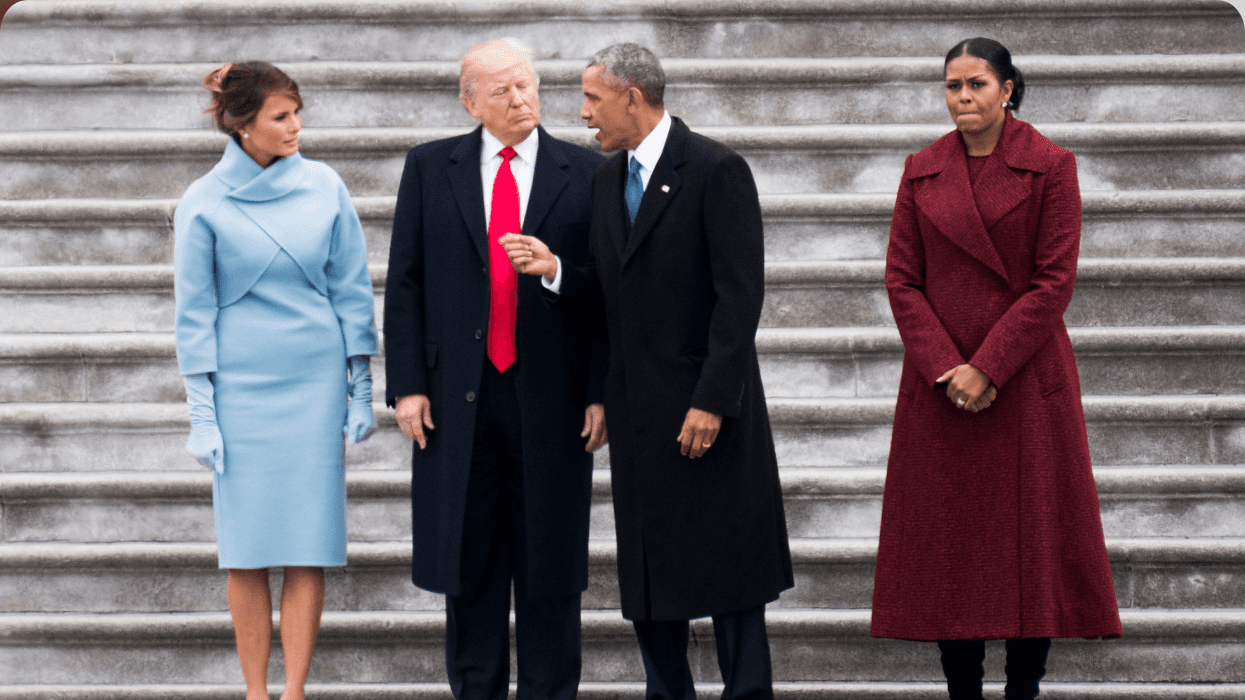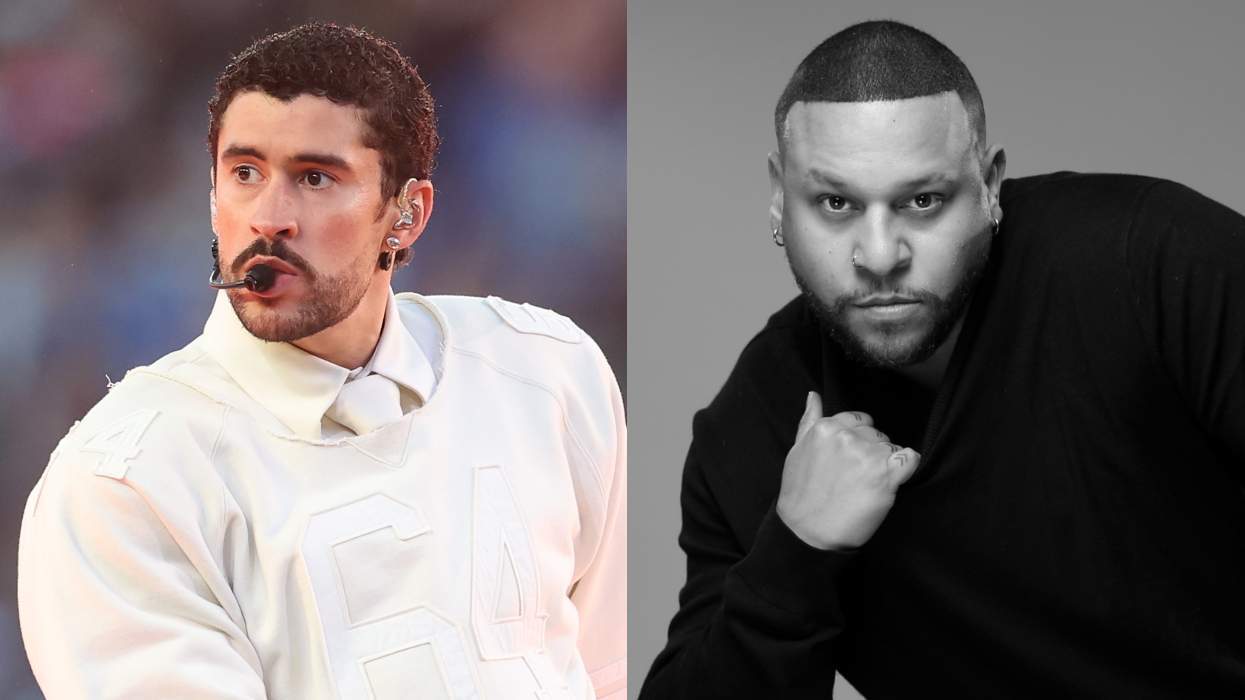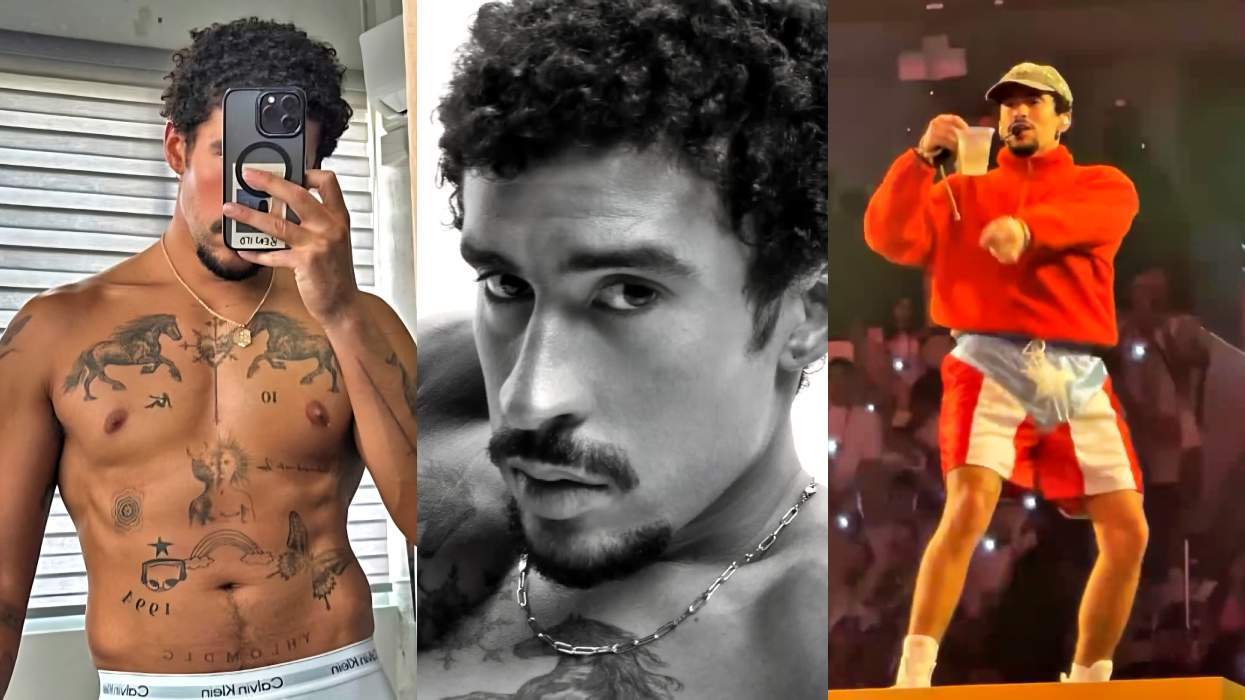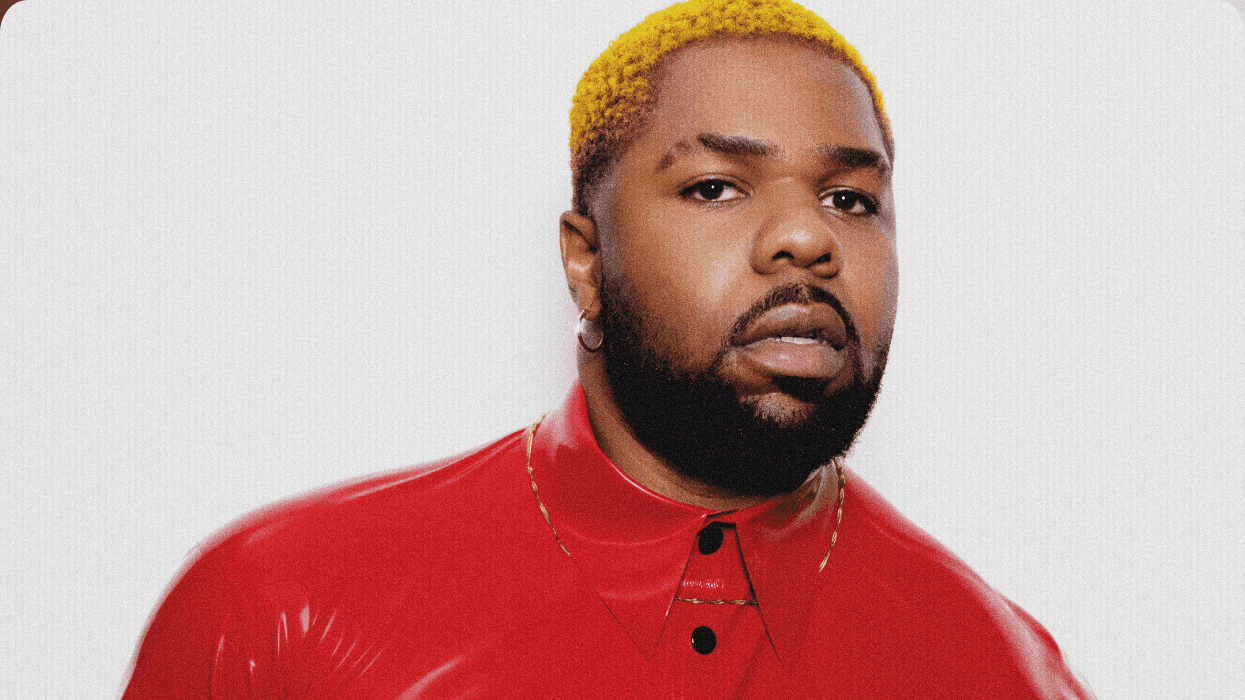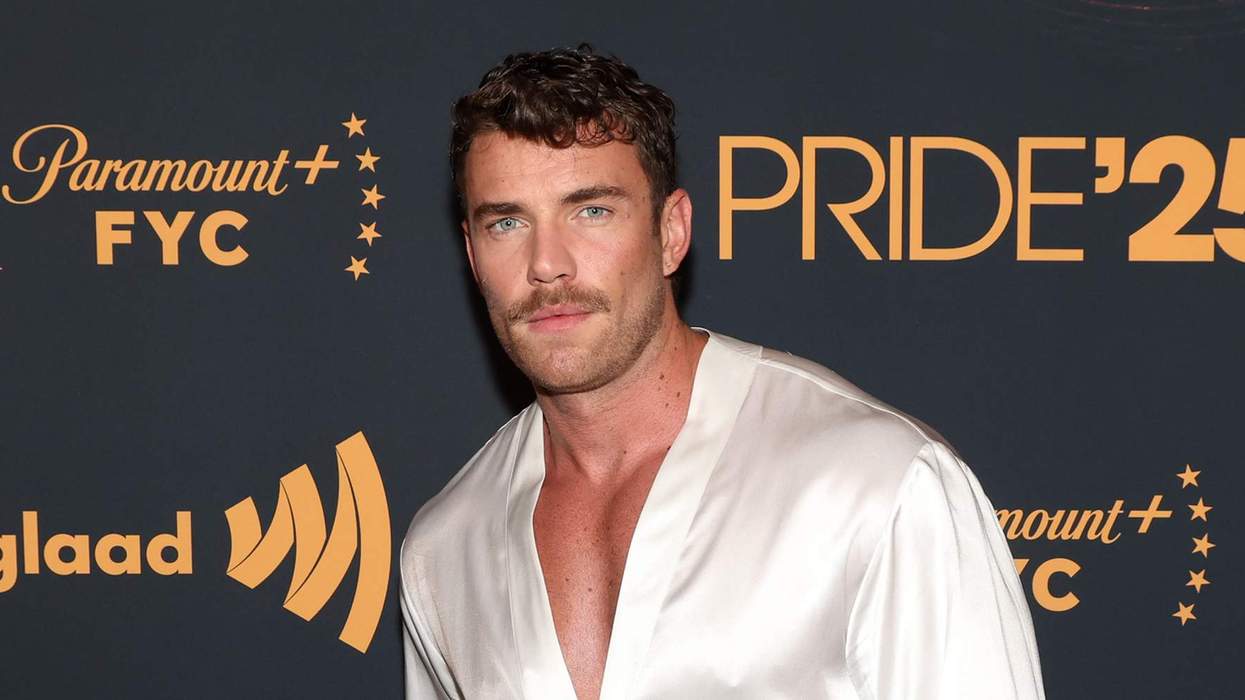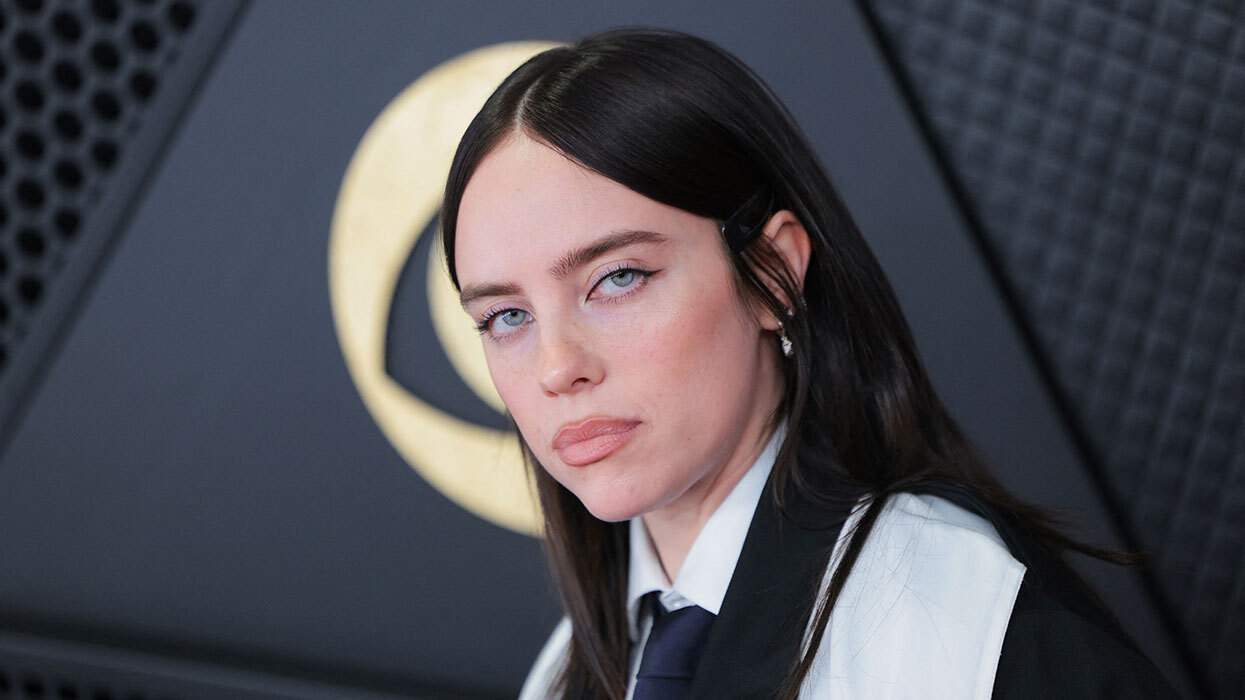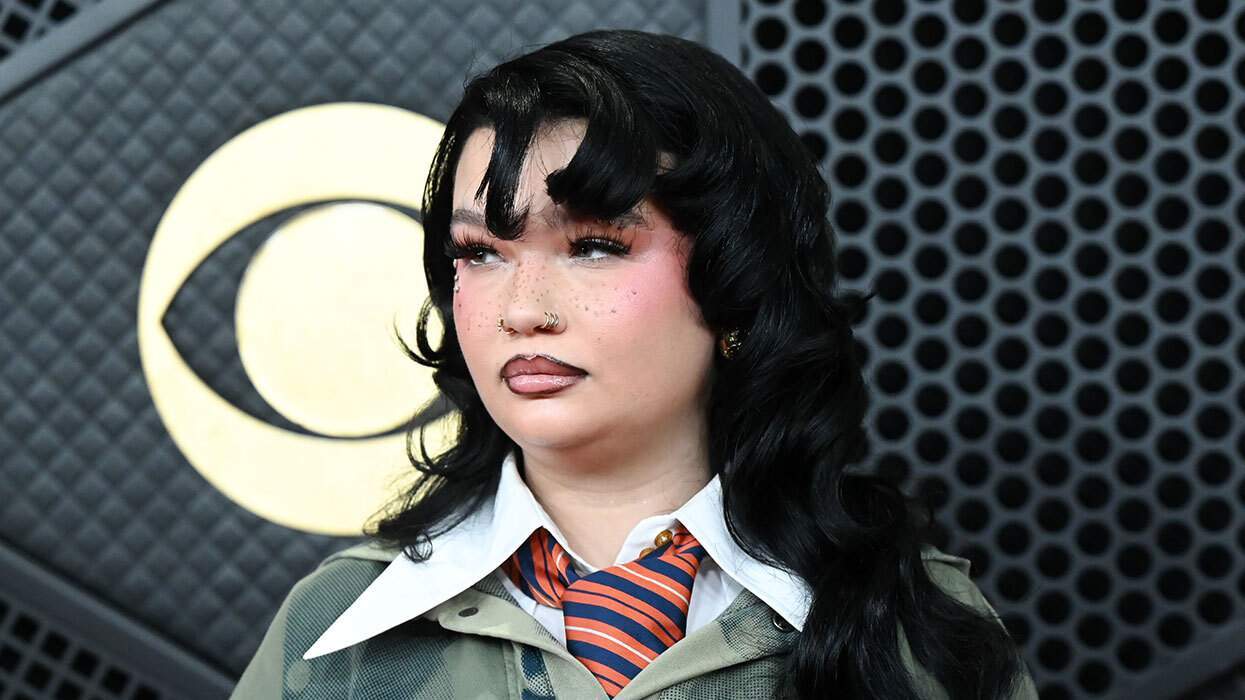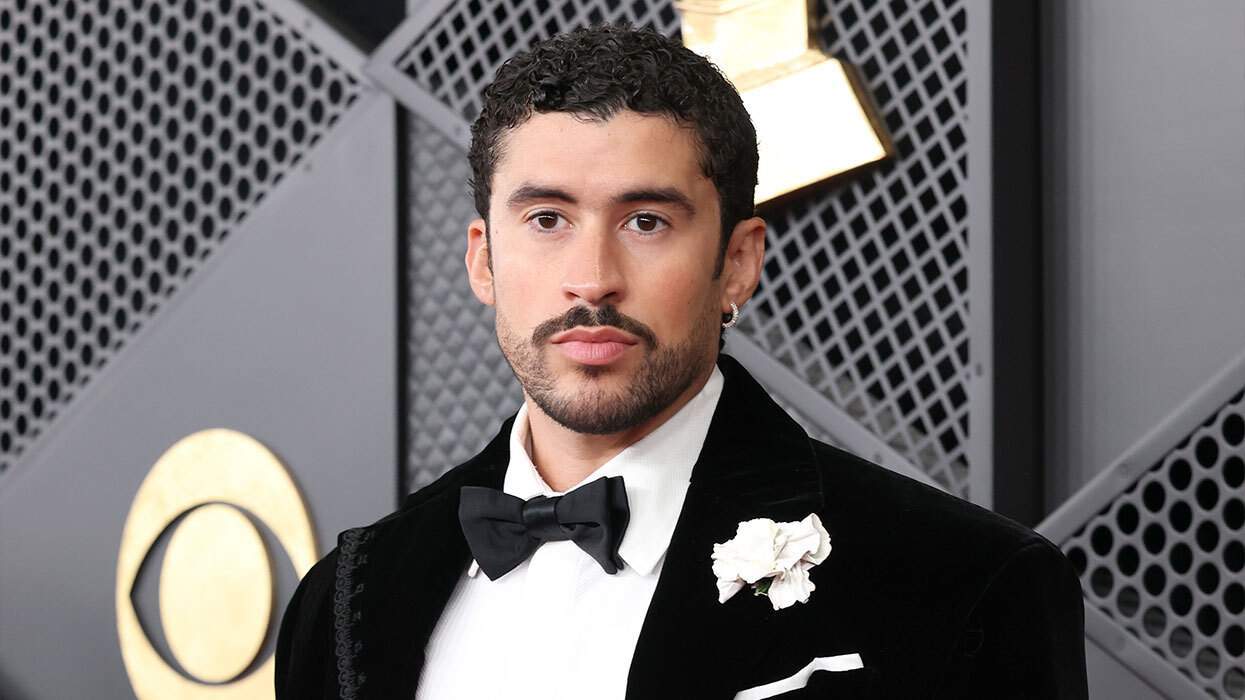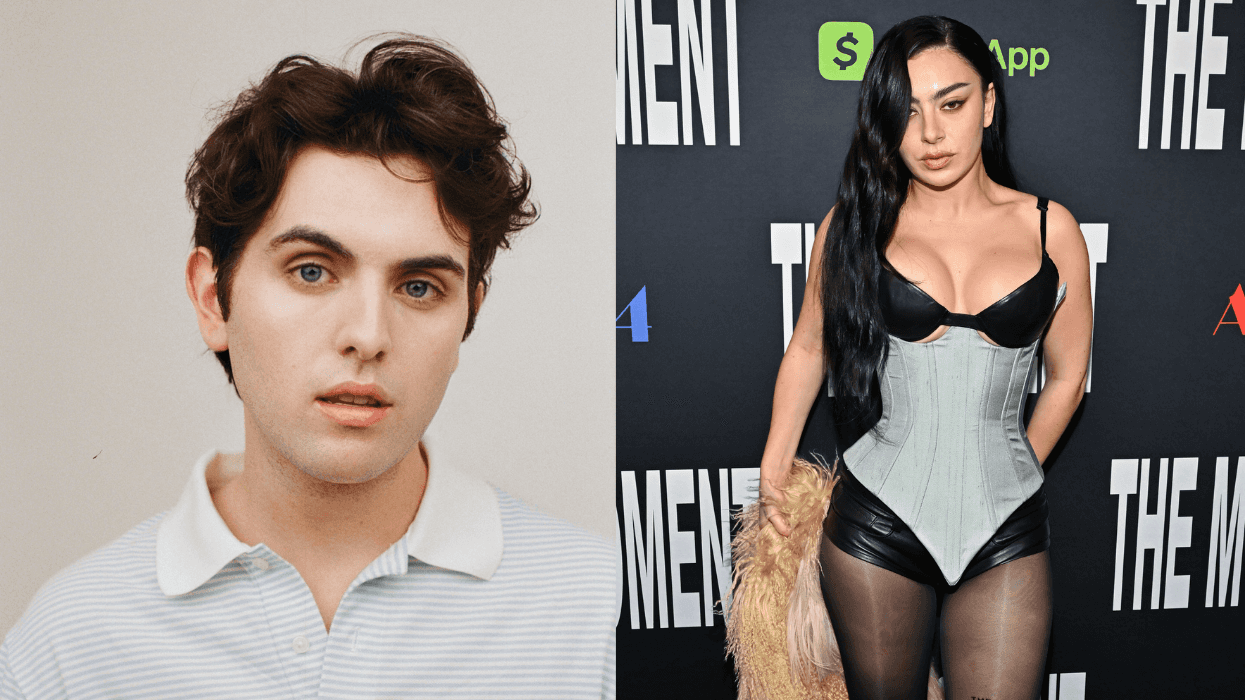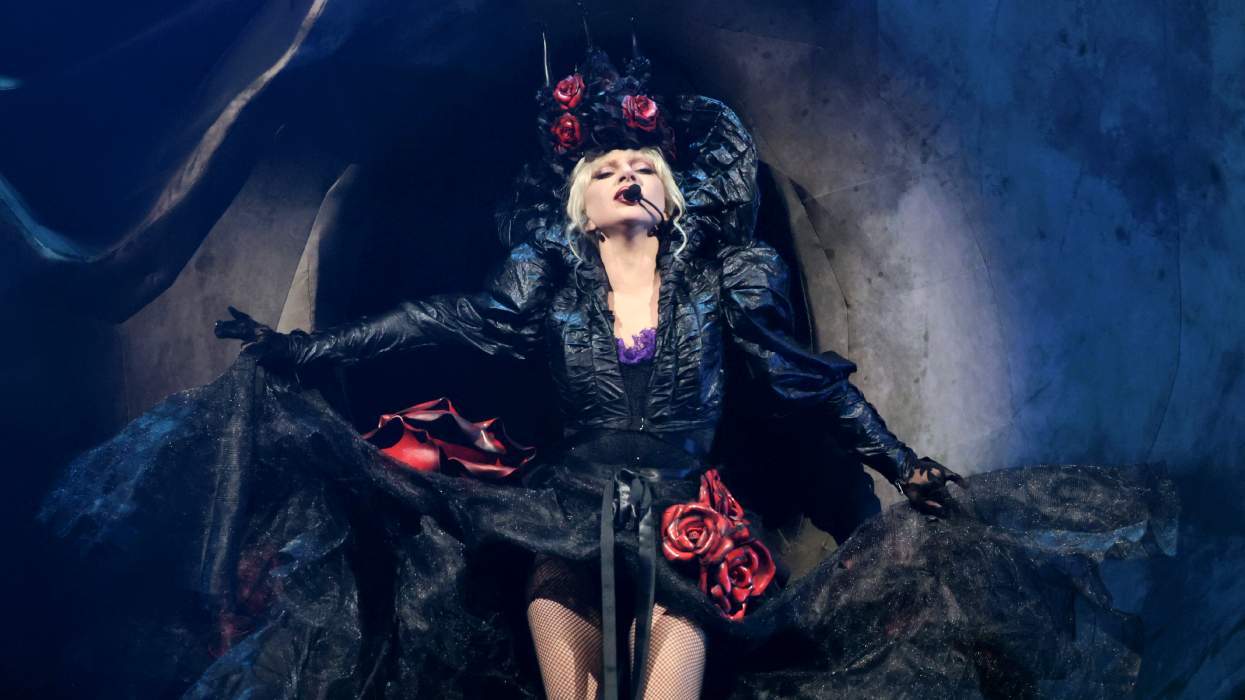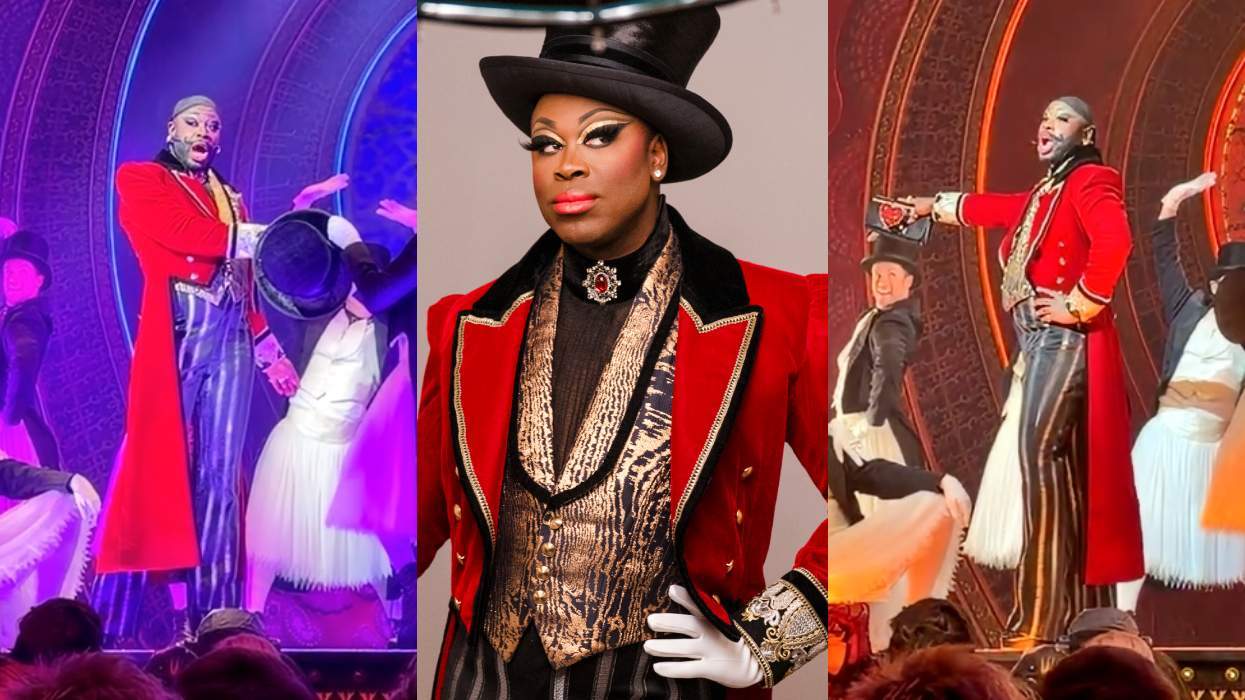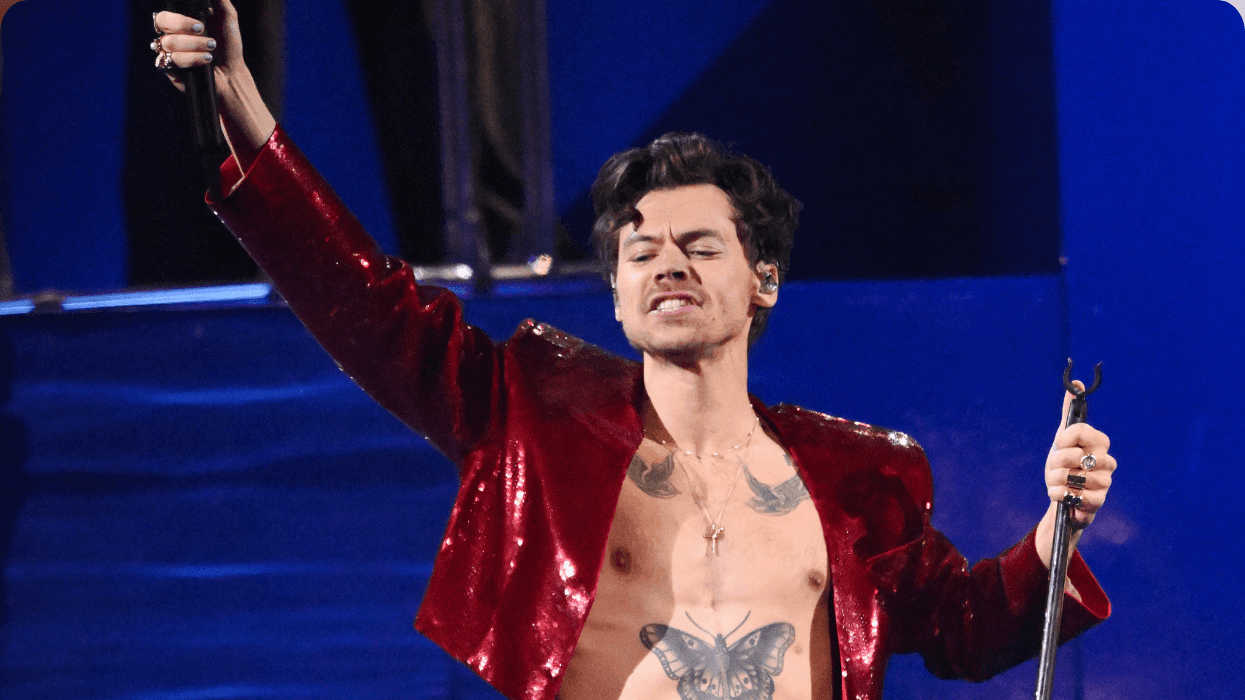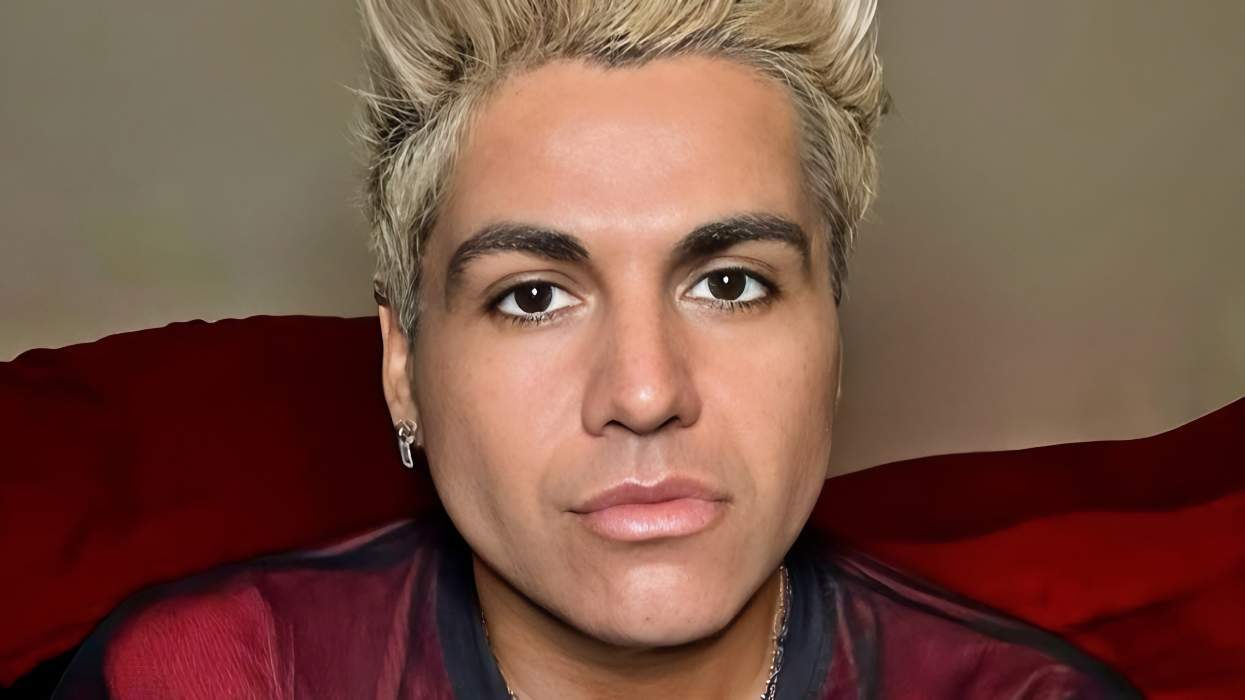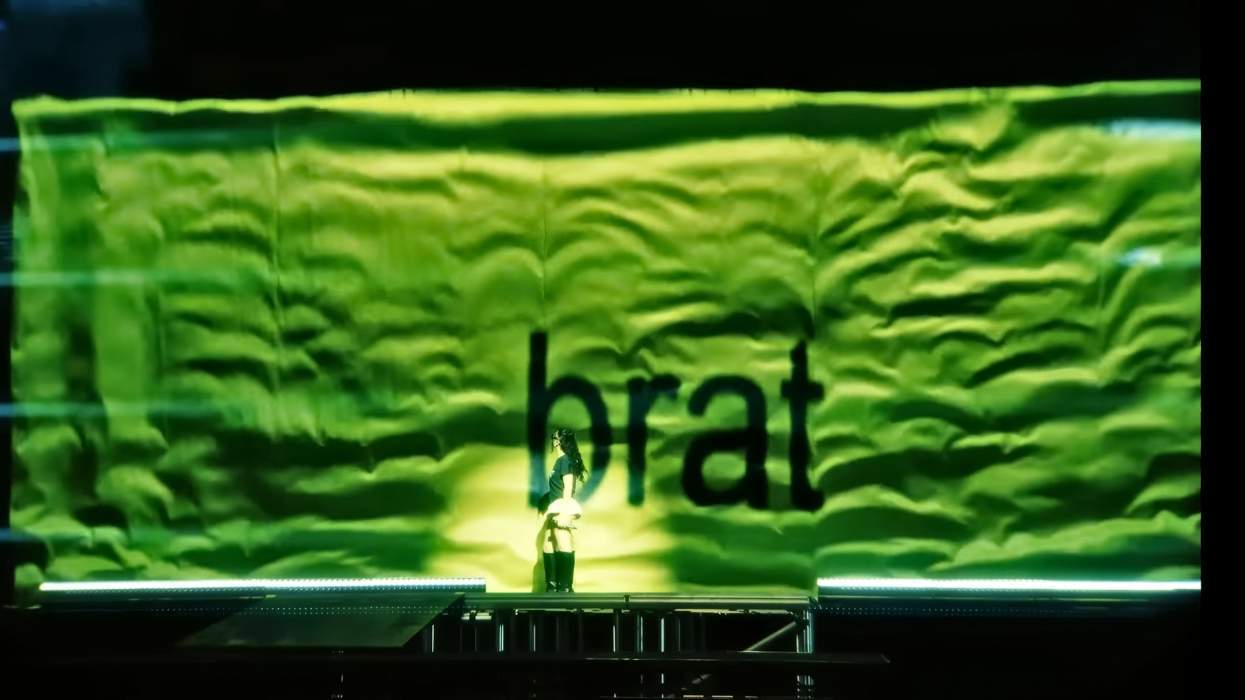The last decade has been marked, nay, plagued, by any number of generic, interchangeable, Ibiza-ready club jams. Then, in 2009, "When Love Takes Over" came along, which embodied the essence of what made disco so great in the first place: It was transcendent. It got to that rare place that only music can find, where your entire body just shakes with excitement, from the inside out. Disco has several tools to accomplish this -- a pounding beat, a lush orchestral backing, a whistle, a toot-toot, maybe a beep-beep -- but disco's greatest weapon is the disco diva. A soulful siren wailing over the sea of sound, she is the heart of the music, both cipher and muse, the spark that sets the bodily vibrations, guiding us to the dance floor and to ecstasy for four minutes -- 10 if we're talking a 12-inch mix (and I always am).
It's hard out there for an R&B diva. Unless you're Beyonce. And let's face it: you're probably not. You know who's also not Beyonce? Kelly Rowland. But that Destiny sibling has managed to reinvent herself as so many an R&B songstress has done over the years: with the help of a big, fat, four-to-the-floor disco beat. Rowland's collaboration with David Guetta "When Love Takes Over" is something of a classic among the gays and the song managed to do for Rowland what it took Solange a long, long elevator ride to do: get out of Bey's shadow.
Like a post-millennial Donna Summer and Giorgio Moroder, Rowland and Guetta reignited disco's persistent flame. With other R&B voices chiming in to take up the torch, let 2014 be known as the official return of the disco diva.
Donna
Earlier this year, Daft Punk's Random Access Memories was the first disco album to win Album of the Year at the Grammys since Saturday Night Fever, 35 years ago. On one of the tracks, "Giorgio by Moroder," the godfather of EDM discusses his life and career, marked by his long and fruitful collaboration with the late Donna Summer. It was 1975's "Love to Love You Baby" that helped kick off the disco craze and established Summer as the genre's defining face and voice. A voice raised in the church but equally comfortable faking orgasms for 17 minutes. "Love to Love You Baby" brought disco's origins in funk, soul, psychadelia and even gospel to the forefront and provided a blueprint for the sound's evolution. Two years later, Summer, Moroder, and production partner Pete Bellotte perfected perfection with what David Bowie called "the sound of the future" -- "I Feel Love." Moroder and Bellotte's all electronic production underscored Summer's ethereal vocals and signaled a new direction for music in general. Summer's crown as the Queen of Disco was secure and remains so.
Diana
Random Access Memories also benefited greatly from the involvement of disco god Nile Rodgers. If Chic was the Beatles of the disco era, Rodgers and bassist Bernard Edwards were its Lennon and McCartney, providing hits for a number of artists, including diva Supreme Diana Ross. Ms. Ross's first foray into disco was 1976's "Love Hangover" -- her biggest hit of the decade and a shot in the arm for her then-lagging career. Sound familiar? However, like many R&B and soul artists of the time, Ross was hesitant to embrace disco. By 1980, however, Ross was a full-fledged disco diva and even with the genre on the decline, she found her greatest success at the capable hands of Rodgers and Edwards, the producers on her comeback album, diana. The album remains her biggest selling to date and spawned the classic twirl-starter "Upside Down" and one of the greatest gay anthems ever, "I'm Coming Out."
>>>DIVA DUDS & RAINING MEN
Gloria
Arguably, the definitive gay anthem -- and one of the biggest disco songs ever -- is Gloria Gaynor's immortal 1978 hit, "I Will Survive." Gaynor had one of the earliest disco hits with a cover of "Never Can Say Goodbye" in 1974, but she's best remembered for "I Will Survive." On one level, it's a big old fuck-you to a former lover, but on another, it's a hopeful appeal to inner strength that resonated with both the gay rights and female empowerment movements. Then, in the wake of the AIDS epidemic, "I Will Survive" gained even greater significance. Almost from its initial inception, disco spoke to gay men and other marginalized populations. The discotechques of the early- and mid-'70s were frequented by blacks, Latinos, and gays who found a common beat to dance to. Disco's backlash could then be seen as having racist and homophobic undertones, but in reality it was because disco really started to suck.
Diva Duds
Disco filtered out from the ghetto and into the mainstream buoyed by the success of Donna, Diana, Gloria, and Saturday Night Fever. The film and soundtrack were touchstones of an era and soon, other established acts wanted in on the fun. Several noted divas followed suit, to varying degrees of success. Aretha Franklin's La Diva, was a flop, as was Tina Turner's Love Explosion. Today, Cher has wholly embraced her dance roots, but she hated her 1979 album, Take Me Home, though the titular single proved a big comeback hit for her. But no doubt the greatest disco diva misstep belongs to Broadway belter par excellence, Ethel Merman. The Ethel Merman Disco Album features Merman just taking a walk in the park with her old standards with a disco beat thrown in to fill out the scenery. No wonder people were eager to do the Hustle all over disco's grave.
Martha
But disco never died, it simply morphed into different genres: hip hop, new wave, freestyle, HiNRG, house music, EDM, and pretty much everything the kids are twerking to these days. The disco diva, however, wavered as a result, receding ever further into the background. Vocal powerhouse Martha Wash had a big disco hit as one half of The Weather Girls with "It's Raining Men." With the disco backlash in full swing, she found it hard to duplicate that success and was relegated to backup work. Italian house music group Black Box and the production duo known as C+C Music Factory infamously used Wash's uncredited vocals for a series of early-'90s dance hits, including "Everybody Everybody" and "Gonna Make You Sweat (Everybody Dance Now)," starting the trend of nameless and/or faceless dance divas for the next 20 years or so. Still other established ladies took to the dance floor, including Whitney Houston, Mariah Carey, and Deborah Cox.
>>>PHARRELL EFFECT & THE FUTURE
The Pharrell Effect
The dance music of the past few decades, perhaps fulfilling the darker promise of "I Feel Love," has been relentlessly industrialized and lacking a human touch. Britney Spears is more robot than woman at this point, but noted "Happy" hatter Pharrell Williams has a softer touch. His love of '70s funk and soul has been evident since his earliest blinged out days with Chad Hugo as The Neptunes. Pharrell's imprint has been all over pop music these past few years, not only appearing on Daft Punk's "Get Lucky," but collaborating with the biggest names in the game, including Robin Thicke, Miley Cyrus, Jennifer Hudson, and Beyonce. His production on Bey's disco ode to cherry-popping, "Blow," brings to mind classic disco and the video roller-boogies that point home.
Jennifer
Pharrell added his touch to Jennifer Hudson's latest album, JHUD, producing the first single, "I Can't Describe." Hudson performed the song last December at the Soul Train Music Awards as part of a medley with Evelyn Champagne King on "I'm in Love" and every woman Chaka Khan on "Do You Love What You Feel." Both those songs are older than Hudson but she fits in seamlessly. Prior to the release of JHUD, Hudson loaded up her Instagram with vintage photos of Diana Ross and Grace Jones, citing the Studio 54 mainstays as inspirations for the project. Hudson pulls up to that iconic bumper with the first track, the terrific "Dangerous." Proving that Canada is the long lost funk capital to the north, producers Nineteen85 and Stephen Kozmeniuk give the Nightclubbing throwback the kind of lip-curling strut that Jones was famous for.
Hudson, more often than not, rises to her disco diva aspirations, particularly on the R. Kelly duet, "This Is Your World," a funk workout worthy of Gamble & Huff. Referring to the song as a vocal marathon, Hudson is free to run all over the track, sounding completely unabandoned and reaching the transcendent heights of the soul sisters that came before her. Recently, Hudson surfaced again under the disco ball with "Go All Night," the latest single from French production duo Gorgon City, who also served as producers on JHUD. Another disco anthem-in-the-making, "Go All Night" was co-written by Kiesza, whose love of '90s R&B and house music was evident on her own wonderful "Hideaway."
Mary
Speaking of 90s R&B: Mary Jane Blige. When Brit electronica duo Disclosure re-released their 2013 single "F for You" with vocals from Mary J. Blige earlier this year, it signaled a throwback to the kind of full-throated anthemic floor-fillers repopularized in everyone's (new) favorite decade. The track, recently nominated for a Grammy, also signaled a new direction for the Queen of Hip Hop Soul, who, setting aside her crown, sounded more fresh and royal than she has in nearly a decade. Cue The London Sessions. MJB's latest album features production from Disclosure and other young British acts, using disco as a jumping off point for Blige to swan-dive onto the dancefloor, where she's rightfully belonged all along.
The new kids on the block serve MJB well, but the most successful tracks come from vets Rodney "Darkchild" Jerkins ("My Loving") and English garage producer MJ Cole ("Nothing but You"). "My Loving" is straight-up mid-90s house perfection and Mary is clearly having the time of her life singing it, as can be seen in this live performance for The Fader. Disco and dance music have always been the R&B diva's safehouse and Mary is only the latest shelter-seeker. A voice, as hers, steeped in soul and capable of euphoric declarations only bring out the best in disco and, as often proves the case, disco brings out the best in them.
The Sound of the Future
One of, if not the greatest straight-forward disco diva track in recent memory is Christina Aguilera's "Let There Be Love." With news of a new album in the works, is it too much to hope that Xtina dusts off that Lady Marmalade hair, shimmies into a sequined pantsuit -- as she did with Lady Gaga on their excellent duet on "Do What U Want" -- and takes her place among the disco divinity? Meanwhile, young Ariana Grande's already shown her affinity for the classics, sampling "I'm Coming Out" on "Break Your Heart Right Back" from her sophomore album, My Everything. But disco's next diva may very well be Adam Lambert. After all, there's no rule that men can't be disco divas, lest we forget that trailblazing queen Sylvester, whose life was the basis of an Off-Broadway musical. Glambert's been working with Nile Rodgers, who claims he and the former American Idol contestant were working on one of the most organically perfect jams I've had since Bowie." The future, come full circle.


